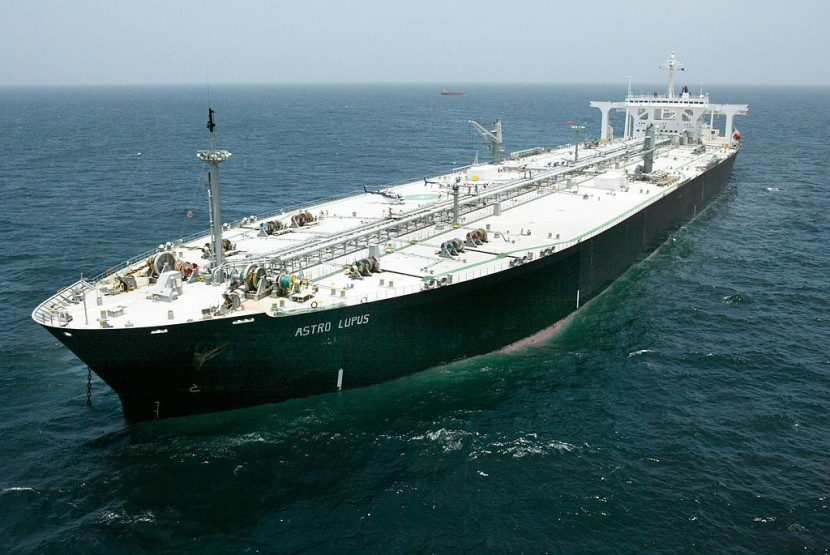Russian oil is reportedly penetrating the US Pentagon's supply chains, posing a significant challenge to the efforts of curtailing Russia's economic capabilities amidst its invasion of Ukraine.
This intriguing development, highlighted by a Washington Post analysis, uncovers a complex global trade scenario that raises questions about the effectiveness of sanctions against Russian energy products, as per Yahoo News.
US Military Supplier's Russian Oil Concerns

At the core of this situation is the Motor Oil Hellas refinery in Greece, an essential fuel supplier to the US military. The refinery had declared a shift to alternative fuel sources after the West imposed a ban on Russian oil exports.
However, an analysis of shipping data by the Washington Post suggests a different story. The data indicates that Russian oil was rerouted and changed hands multiple times, being initially shipped to Dortyol, a Turkish storage terminal, and then forwarded to Greece.
The extent of Russian-origin crude oil acquired by the US military is unknown. However, since the onset of the Russian-Ukrainian conflict in 2022, the Department of Defense has awarded Motor Oil Hellas contracts nearing $1 billion, marking a significant increase compared to previous years.
This information comes from the Project on Government Oversight, a watchdog group investigating the issue.
The investigation revealed that at least 56% of oil shipments to Motor Oil Hellas came from Dortyol, and about 69% of Dortyol's shipments were of Russian origin. This convoluted supply chain places the Pentagon in a paradoxical position.
On the one hand, the US government is actively supporting Ukraine with military aid against Russian aggression. On the other hand, it seems to be inadvertently buying products containing Russian fossil fuels, a significant economic driver of Russia's military endeavors, according to Business Insider.
Russia's Clever Tactics to Evade Energy Sanctions
This situation suggests that Russia has effectively thwarted the West's attempts to limit its war revenue by circumventing restrictions on its energy trade. Reports indicate that Moscow has established a secret fleet of "shadow tankers" to disguise the origin of its oil.
Furthermore, some financial analysts believe that Russian crude is being sold significantly above the West's imposed price cap of $60 per barrel, attributed to the shadow fleet and inflated shipping costs that mask the actual amount paid by the buyers.
The implications of these revelations are multifaceted and significant. They underscore the complexities and challenges in implementing and enforcing economic sanctions, particularly in a globalized and interconnected world.
The use of intermediaries and transshipment points, as seen in the case of Dortyol, complicates the tracking of the trustworthy source of oil supplies, thus undermining the effectiveness of sanctions.
As the conflict in Ukraine continues, the international community, and particularly the United States, faces the critical task of tightening enforcement mechanisms. This is essential to ensure that sanctions against Russia remain effective and do not inadvertently support the entity they intend to weaken.
The findings also call for a reassessment of the global oil trade and supply chain dynamics, emphasizing the need for increased transparency and accountability in international trade, especially in sectors crucial for geopolitical stability and security, Markets Insider reported.
Related Article: UK's Post-Brexit Chemical Regulations To Be Loosened








